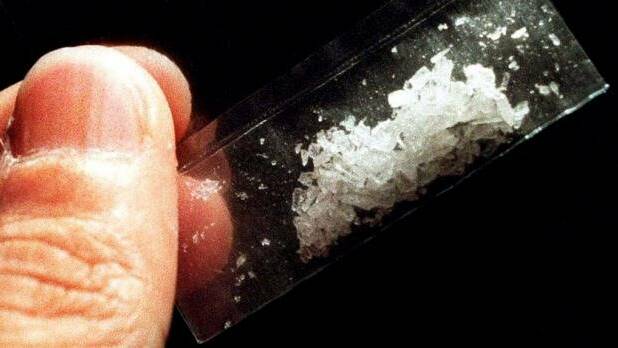
The NSW Government recently announced it would establish a Special Commission of Inquiry into ice, to strengthen treatment and rehabilitation responses.
Subscribe now for unlimited access.
$0/
(min cost $0)
or signup to continue reading
Crystal methamphetamine use, or ice as it’s more commonly known, has caused ongoing issues related to violence, mental health, road accidents and illness in the Shoalhaven and has been dubbed as the region’s drug of choice.
Locally, since 2014, around 24 per cent of all referrals to the Shoalhaven Drug and Alcohol Service have been for treatment for amphetamine use.
However, earlier this year, The Oolong Aboriginal Corporation stated 69 per cent of the Indigenous men treated by the Nowra centre in the 2017 calendar year identified amphetamine as their primary substance of abuse.
This number jumped from just 8 per cent in 2008.
One of the reasons given for the increased drug use, especially by Indigenous people, was the lack of available treatment at local hospitals and the cheap, readily available nature of the drug.
Premier Gladys Berejiklian said the Special Commission of Inquiry would investigate, and report on the nature, prevalence and impact of ice in NSW, the adequacy of existing measures to tackle ice in NSW options to strengthen NSW’s response to ice, including law enforcement, education and treatment/rehabilitation responses.
“Ice is a destructive drug that is ruining too many lives across NSW, especially in our regional centres,” Ms Berejiklian said.
“We are establishing a powerful Special Commission of Inquiry because we want every option on the table to bolster our existing efforts to combat the evolving threat of this dangerous, illegal drug – and to get help for those who need it.”
Currently, the Shoalhaven Drug and Alcohol Service employs 25 specialised staff across various full-time and part-time roles to combat drug and alcohol issues.
Illawarra Shoalhaven Local Health District drug and alcohol service acting director Sarah Adams said the district had a unique partnership with the non-government residential rehabilitation service Watershed, to tackle the region’s drug and alcohol related issues.
“The district has three beds in the service where clients can be detoxed in a low-risk residential care setting and monitored on a daily basis by district nursing staff,” she said.
The announcement of the inquiry follows the Police Association of NSW calls for an additional 1185 police to tackle the region’s ice epidemic.
The association has also called for an additional 114 police designated to dedicated units to focus on interrupting the supply of the drug.
The South Coast Police District the association was calling for an additional 53 police, with 40 required across all stations in the Shoalhaven area.
The Special Commission of Inquiry into ice is expected to report in 2019.


